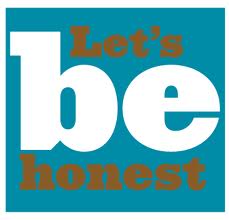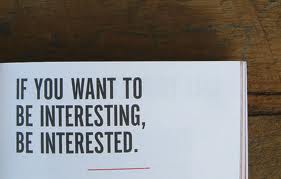 The next “B” of interviewing is: Be prepared.
The next “B” of interviewing is: Be prepared.
Being prepared involves several things: knowing the company, knowing your stuff and knowing how to present it.
I always ask candidates what they know about my company and am surprised by the number of times I hear, ” . . . not much . . .”, “. . . nothing, really . . .”, or, worst of all, “I really haven’t had time to research.” Really? When your cell phone has more computing power than the one used in the Manhattan Project, enough to stay connected to several hundred people simultaneously, the ability to shop or get a dinner reservation at a moment’s notice and you didn’t have time to research? If you aren’t interested in the company, the employer won’t be interested in you.
What should you know to be prepared? You should know:
- The history of the company and what the company does.
- Their competitors and their competitive advantage (and their weaknesses, for that matter).
- How your skills and experiences match the requirements.
Use company contacts, social media, internet research, stock market information and, even the library, as your sources.
Next — knowing your stuff. An effective candidate speaks to his resume without looking. You remember the details and can recite them. You know the steps you took to drive sales to record highs in the Atlanta division in 2009. You remember the names of your supervisors, the years you won awards and why you received them. In my book, a candidate that gives me different information than what is reported on an application or resume has trouble in the integrity department. Is it fair? It doesn’t matter. It is what it is. Knowing your stuff keeps you out of trouble.
Last, you must not only know your stuff, but also know how to present it. Great information and big opportunities have been lost in poor presentations. My advice? Practice. Even well paid, experienced speakers practice constantly. Think about it. Interviewing is something we rarely do. It takes skill to speak to seldom used information in front of total strangers.
My advice on how to get better? Go to the internet and find the 100 most common interview questions. Put them in a word processing document and answer them. Once you’ve answered them, find someone with which to practice. It could be your spouse, significant other, neighbor or someone else with whom you’re comfortable and, most importantly, will give you honest feedback. Have them ask the questions while you practice answering them until your presentation is smooth and natural.
Once you know the company, know your stuff and know how to present your stuff, you will be much more confident. This confidence helps you relax. When you are more relaxed, you are more yourself. Your confidence will show!
Next week, we dive into Being Interested . . . are you?
-Mark Key is a retail professional known for driving results in diverse and challenging retail segments. Mark’s interviewing insights come from companies big and small — having worked with organizations with just a few employees to Fortune 100 companies.
accelerate your search, focus, interviewing, job search, Mark Key
 You’ve made it to the final “B of Interviewing!” You’ve stuck with it till the end . . . and, that is exactly what the final “B” is all about.
You’ve made it to the final “B of Interviewing!” You’ve stuck with it till the end . . . and, that is exactly what the final “B” is all about.






